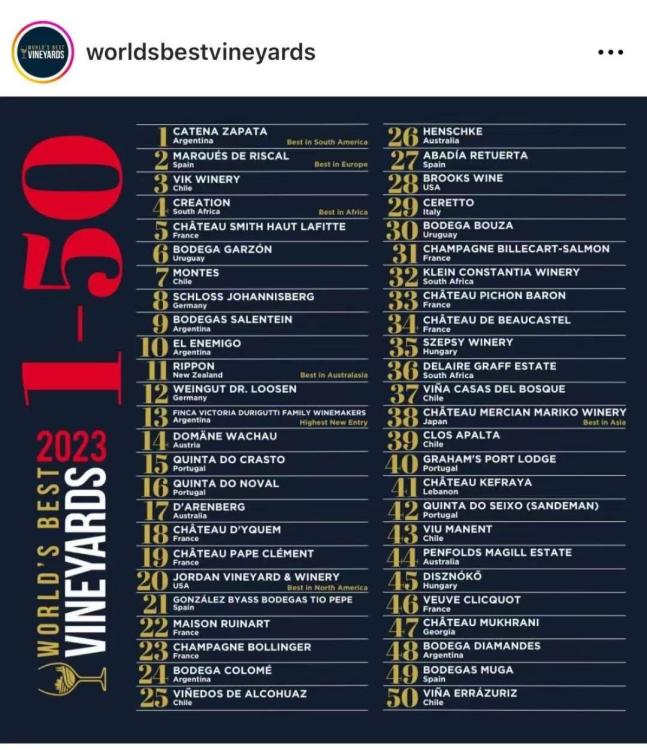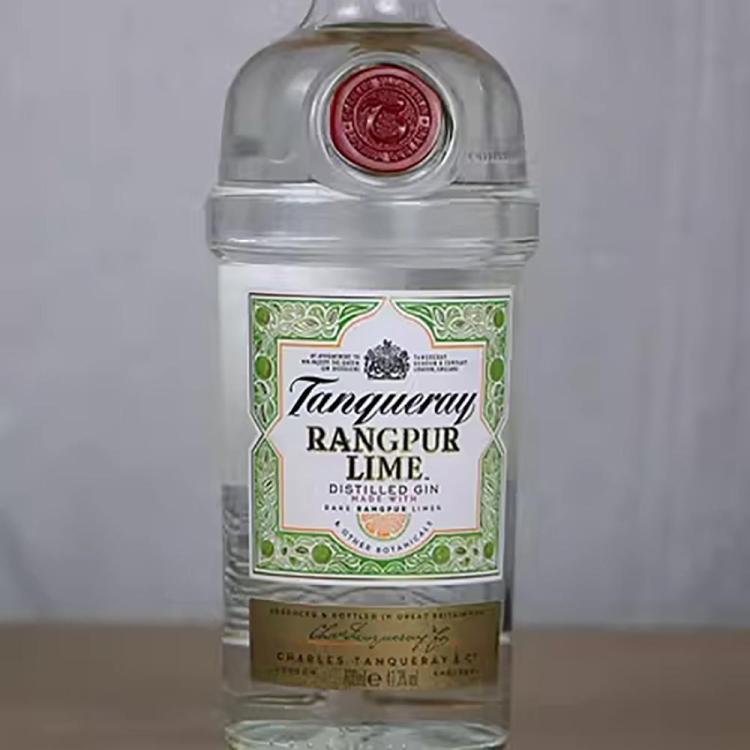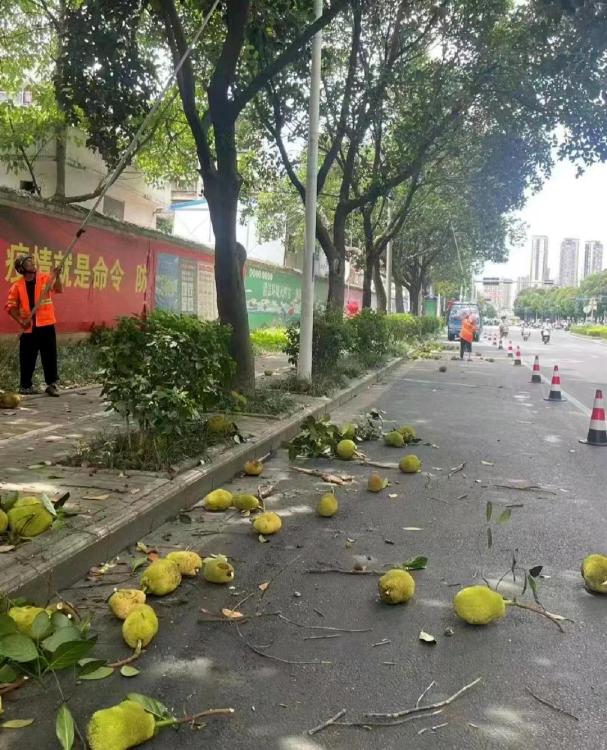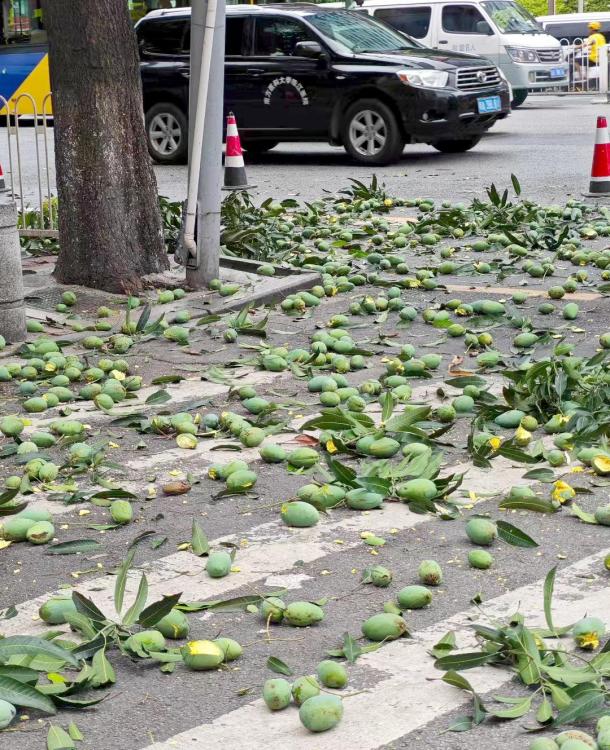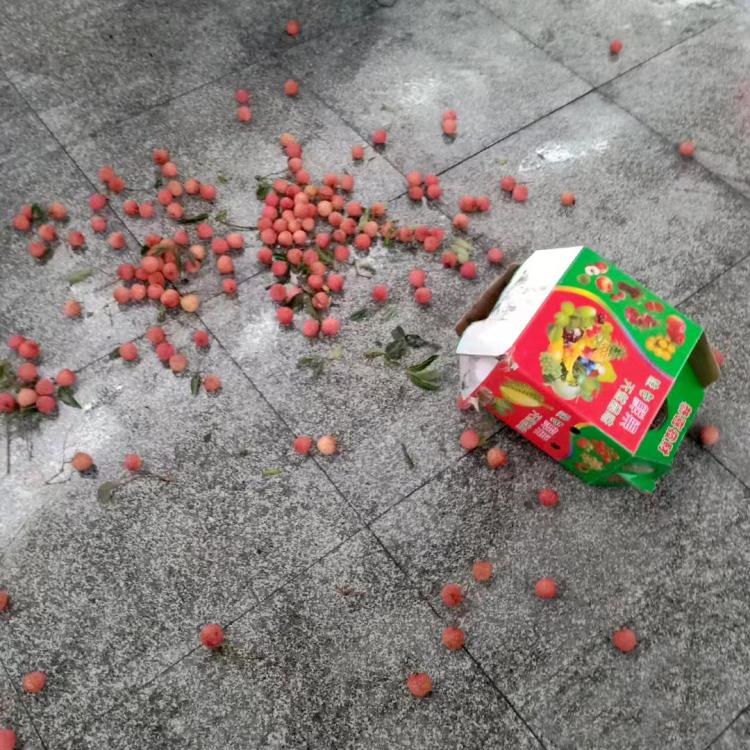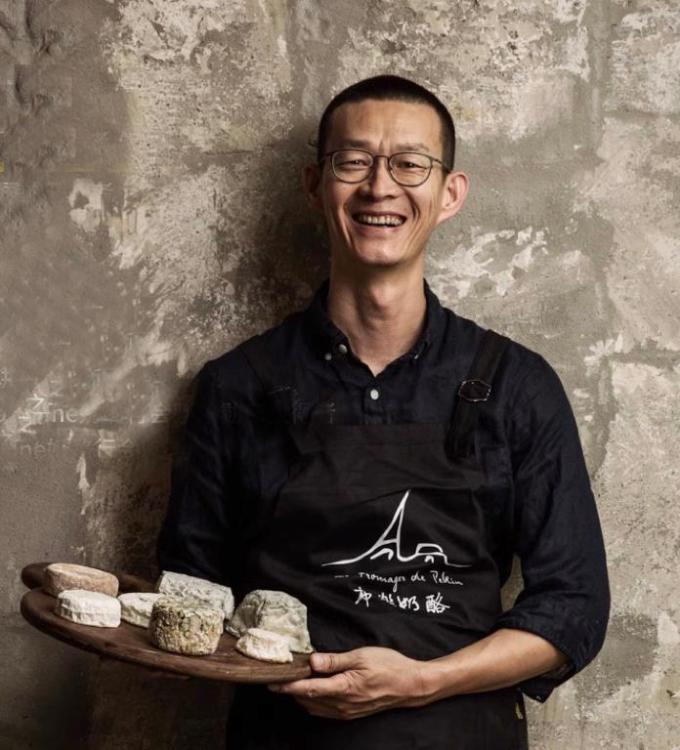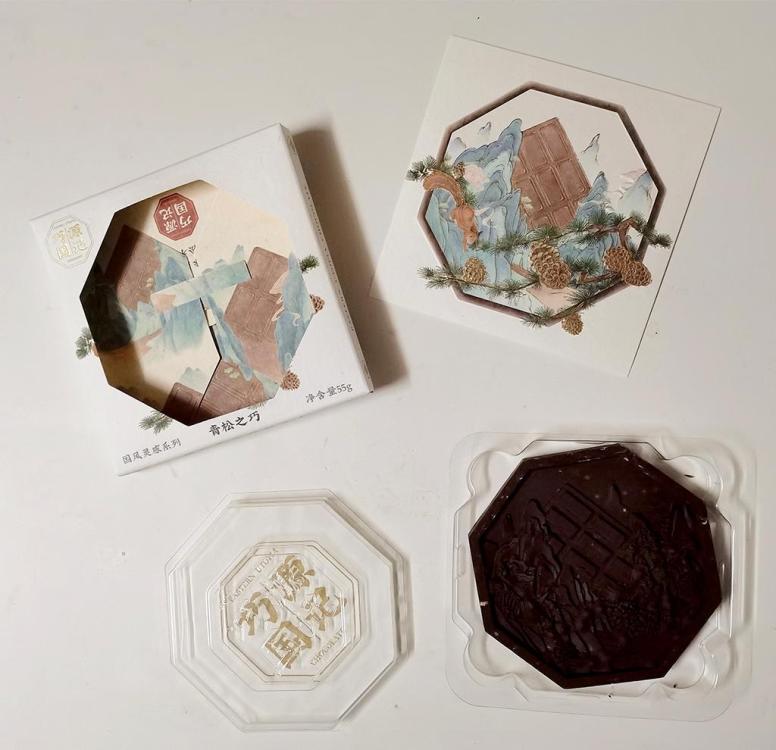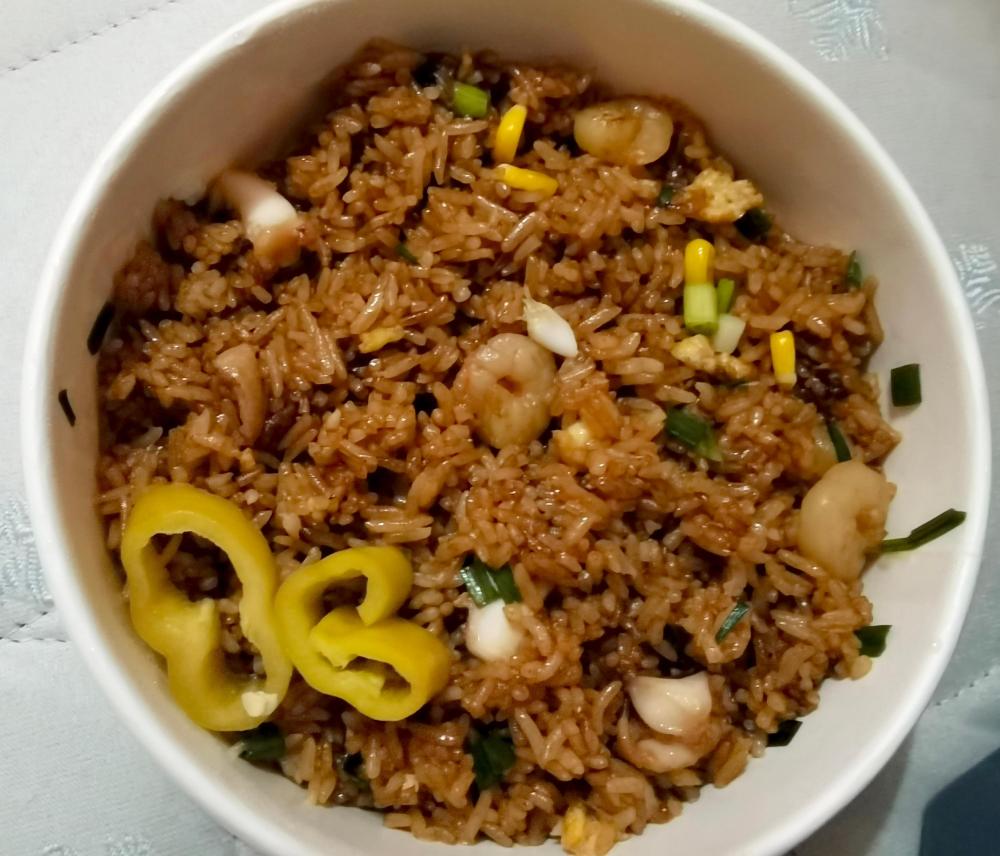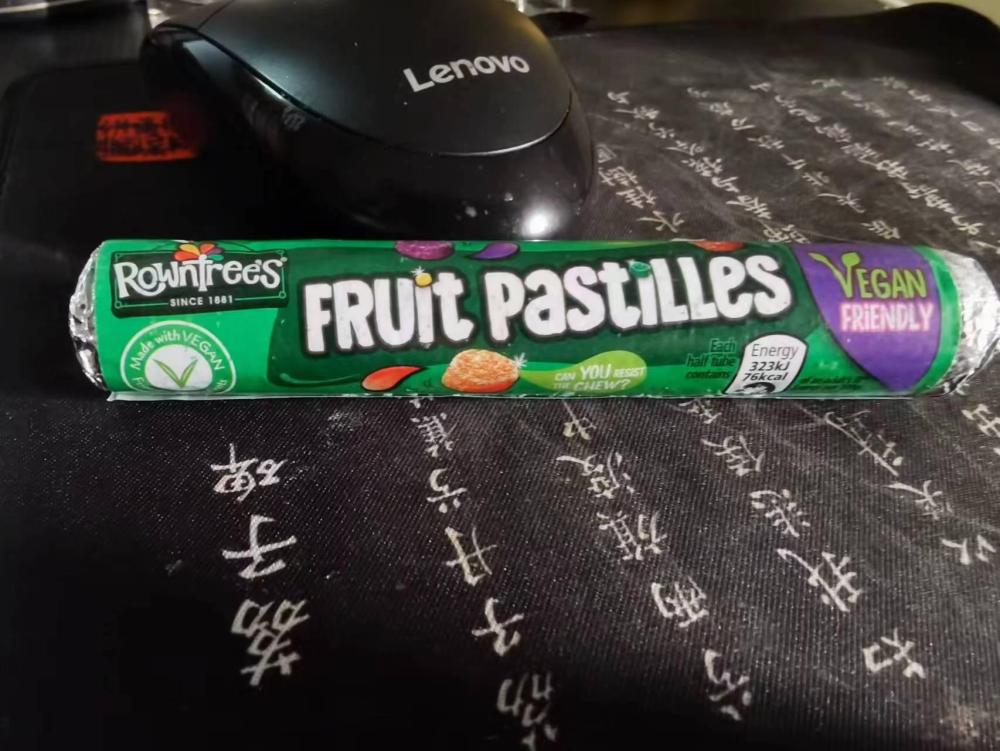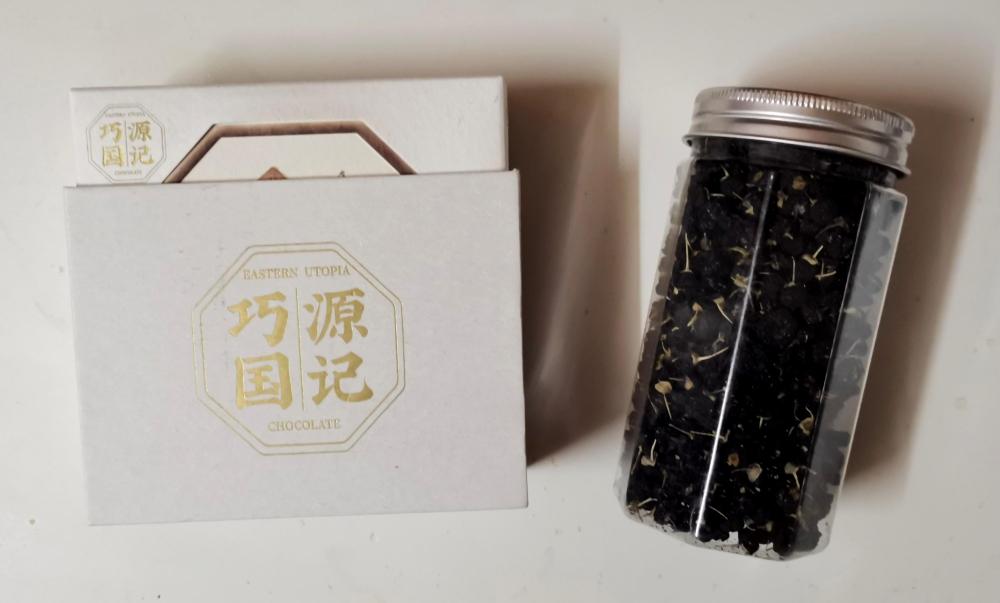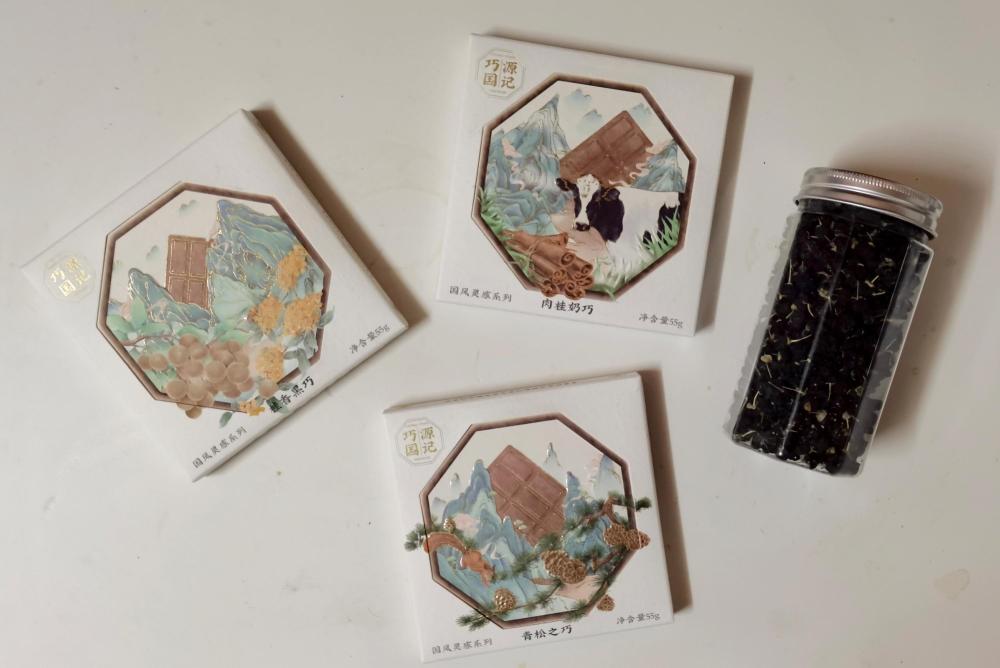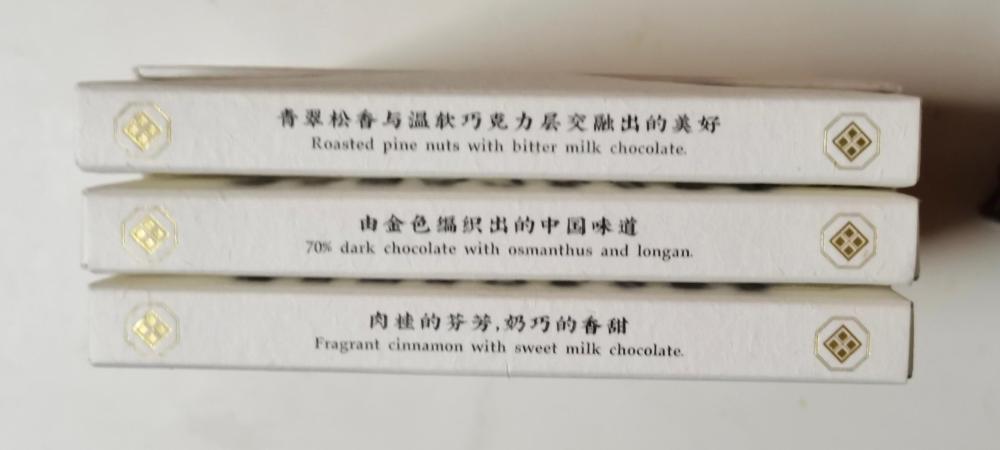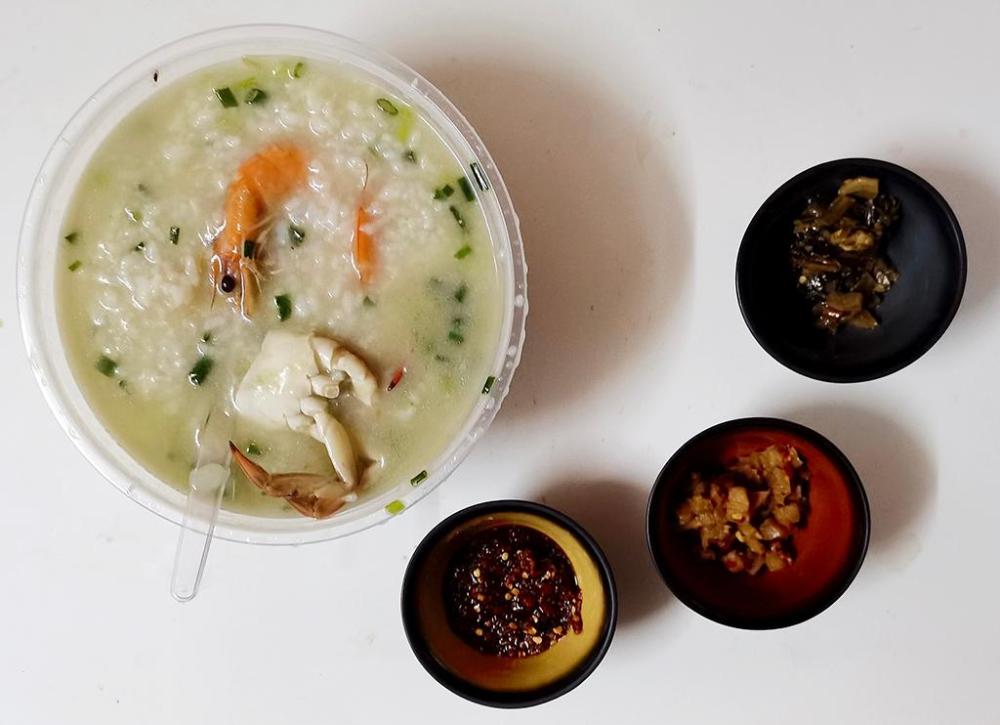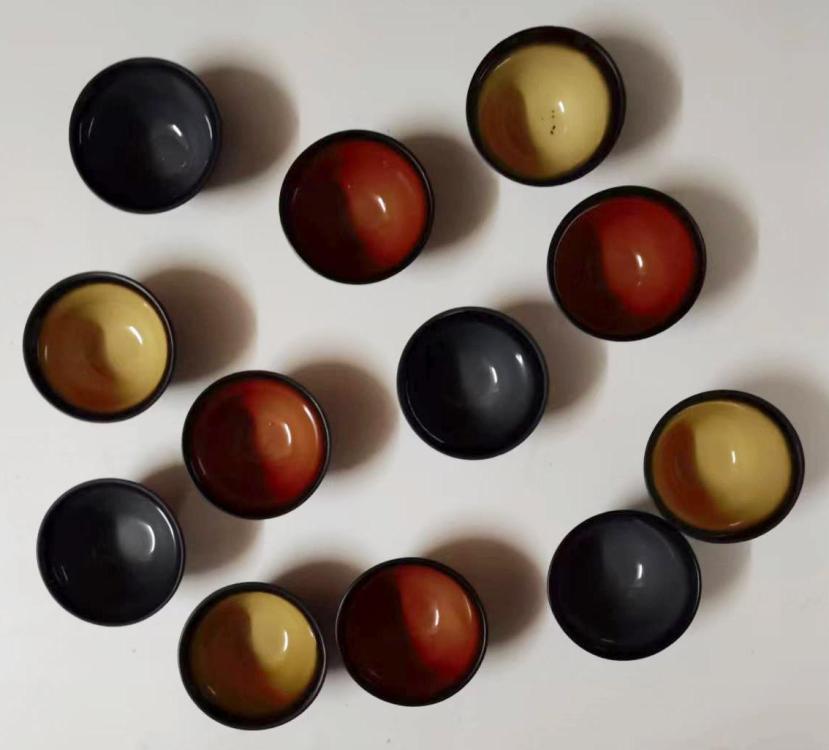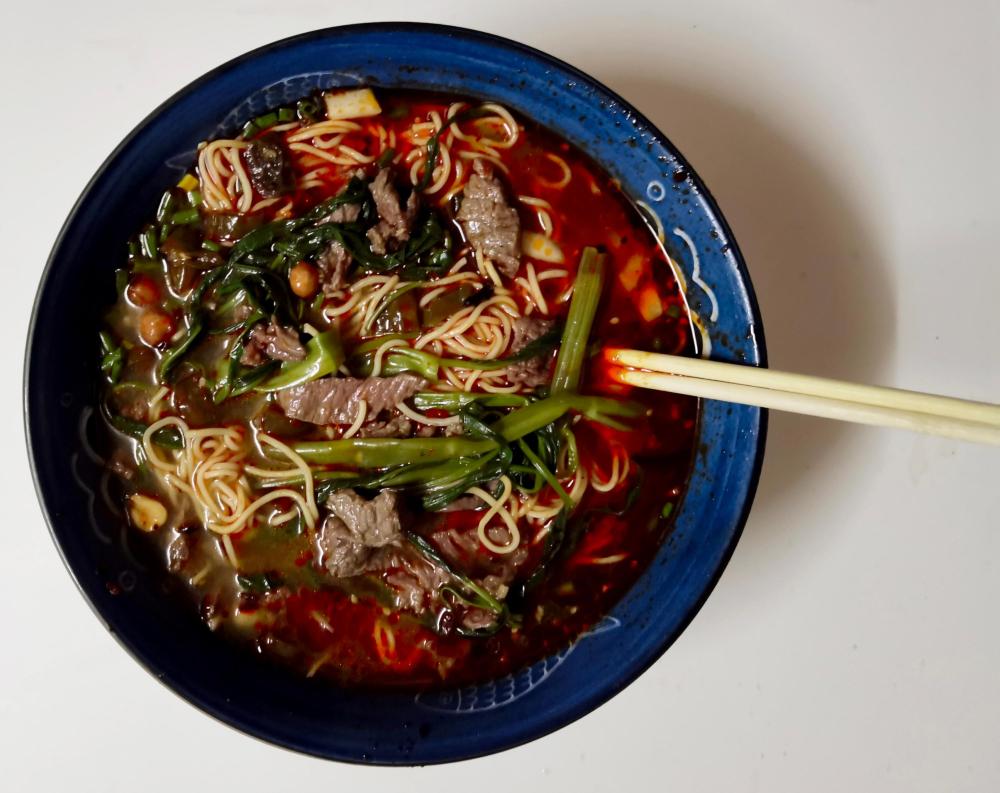-
Posts
16,766 -
Joined
-
Last visited
Content Type
Profiles
Forums
Store
Help Articles
Everything posted by liuzhou
-
For the last week I’ve been receiving daily reports from a friend, 李燕萍 (Li Yanping), who also uses the English name Aileen Lee and who is a judge in the "World's Best Vineyard" Competition taking place in Rioja, Spain. The competition was founded in 2019 by William Reed Business Media, a century-old family-owned media company, which is also a member of World's 50 Best Restaurants. 50 Best Restaurants, the World's 50 Best Bars and the International Wine Challenge (IWC). The "World's Best Vineyards" competition is designed to encourage and promote the development of the wine industry and wine tourism by selecting the world's top wine tourism destinations (in this case, wine estates that provide tourism facilities and wine tasting experiences and are open to the public). Each year the competition are divided into multiple divisions, by a nomination system (wineries can not directly register for the competition). Each division will select one or two experts or media persons with high influence in the local wine and tourism industry to serve as the chair(s) of the jury of the division, and the chair of the jury is responsible for the 36 selected Influential wine experts, media, lecturers, bartenders, tourism and gourmet professionals who have visited many of the world's wine-producing areas to serve as judges in the list of "the best vineyards in the world" with the best travel experience. They adhere to the principle of objectivity and fairness, according to the landscape of the winery, restaurants, hotels, services, prices, transportation, humanities and other aspects of the evaluation, comprehensive performance outstanding, can be selected as "the best vineyard in the world" (World's Best Vineyards) Top 100 list. If judges vote for the wine estates in their own division, they can't have more than three to show fairness。 On the evening of July 12, local time, the "World's Best Vineyards" competition (World's Best Vineyards) awards ceremony was held in Rioja, one of Spain's most famous UVE-producing regions. During the award ceremony, the organizers announced the list of the "World's Best Vineyards" this year. Aileen, the founder of the International Voice of Wine, was invited to attend the award ceremony as the vice chairman of the China jury and noted that this year is the first time in the five years since the "World's Best Vineyards" competition that a Chinese winery has made the top 100 list. Two Chinese wineries on the list - Canaan Winery in Huailai, Hebei Province, and Grace Vineyard in Shanxi Province - were ranked 80th and 100th respectively. Here are the winners of the "World's Best Vineyards" competition in 2023. Catena Zapata, Argentina - World's Best Vineyard 2023 L-R Andrew Reed, Managing Director of Media, William Reed Business and Competition Founder; Aileen Lee, founder of The International Voice of Wine, Vice Chair of the China Jury; Robert Geddes MW, Chair of China Jury. Images courtesy of The International Voice of Wine. Parts of this post are from the competition's press release.
-
I actually had those pictures when you were still in Indonesia but decided to wait till you were home before posting them. I knew you were sick and didn't want to make it worse.
-
Mention of Tanqueray 10 sent me to see how available it is here. Widely, is the answer - at least in specialist stores in Beijing or Shanghai and so, online. What did catch my eye though were these two. Anyone know much about them or have you sampled them?
-
百色 (bǎi sè, pronounced roughly like '"bye sir" without the final 'r) literally means "100 Colours" but is a small city in western Guangxi, China near the border with Yunnan province. Mst of the population are of the Zhuang ethnic minority. Baisw is rather well-known in Chinese Communist Party history for the Baise Uprising led on Dec 11, 1929 by Deng Xiaoping, Mao's eventual successor. The city has a number of memorials and a largish museum dedicated to the event and sees a lot of so-called 'Red Tourism', mainly old veterans of the Long March and the Revolution. A dying breed. Otherwise, it sees very few visitors, especially from abroad. For most people here it is better known for fruit, especially its mangoes. China's mango central. There are mango trees everywhere. The first time I visited, some 20 years ago, it was at the height of the season and the mangoes were virtually free. This year they have gone further. There has been a bumber crop and the mangoes are dropping like rain. This tree below was so overloaded with fruit it was dangerous. A mechanical device was brought in to dislodge the fruit, which was then left on the ground for anyone to take away. Few did; they all have their own glut to deal with. Of course, this is not good news for the farmers so the local government has stepped in with subsidies and other help to see them through. In other news, across Guangxi, other fruits are receiving similar treatment. Jackfruit and if you drop your box of mangoes on the way home, don't bother to pick them up. They were amost free anyway. ETA: Minutes after posting the above, a friend from Baise called to ask if I want some lemons! They have too many of them, too!
-
That's true for a lot of us round here; the devil, they say, is in the detail and he has the best songs!
-
Almost a year later, but I found some more information on this. Despite the name, the cheese is, as I said upthread, made thousands of miles away from Beijing. To be precise, in Beijing Blue Cheese Workshop, No. 37-1, Kangping Road, Beitun, Altay City, Altay Prefecture, Xinjiang. (20+ years ago I took a train from Beijing to Urumuqi, Xinjiang's capital and it took four days! It woud have taken another day to get to Altay.) The company was founded by Liu Yang but he can't spend much time there. He is Chairman of China Region of the World Cheese Guild, Lecturer of Cheese Culture at the French Cultural Centre, Beijing and Knight of the Order of the Cheese Guild of Saint-Maure de Touraine France. Liu Yang - image from advertisement on Taobao online shopping portal. I had planned to buy some of his Beijing Blue last Christmas, but took ill in September last year and am still recovering. I'll try again this year. It's certainly too hot to ship now (35-38℃)
-
I got it. I've opened that one. The packaging is even more elaborate than first appears. The chocolate is dark in colour but milky in taste while remaining quite bitter. Probably Chinese alchemy! Or maybe the pinenuts are contributing to the bitterness.
-
I chose carefully. Perused ingredient lists. Examined photographs. Then ordered. Twenty minutes later I opened Pandora's box. Seafood fried rice. Oysters, squid, shrimp. And bloody c⊘rn! That was definitely not listed, photographed, necessary, required or wanted! The shock was so intense, I nearly didn't notice the stupid rings of bell pepper that had been lobbed on top. I carefully dug out every last speck of yellowness and hurled it into oblivion, then ate what I had actually asked for. After my careful yellowectomy, the dish was actually rather good. Lots of nicely cooked seafood buried in the now ritually purified depths of the rice. But points off for the massive trauma and offence inflicted on the frail!
-
Things you find in China #347 I haven't eaten these for around 60 years. Just fulfilled my sugar needs for the next 60. P.S. Just noticed my mouse pad is upside down.
-
Which part of the name are you querying? Pine nuts is what the Chinese lists in the ingredients list and the chocolate contains some milk. It's not the most bitter I've tasted but I know some people who would turn their noses up at it.
-
I have fond childhood memories of British beef olives stuffed with breadcrumbs, shallots, mushrooms and Stilton. I haven't had them in over half a century, a situation I should remedy. https://greatbritishrecipes.com/beef-olives/
-
Are you expressing some doubt there? Stir fried watercress is not unknown here, although it is more often added to soups or hotpots. Or is it some similar plant.
-
Expensive packaging, too, I'd wager.
-
This just arrived unexpectedly at my door. A bunch of chocolate made by a friend of a friend's new business. Chinese chocolate is usually sub-Hersheys (i.e. not chocolate at all) but I'm told this is the real deal. To my amusement, given a brief conversation on the Dinner topic a couple of days ago, the chocolate was accompanied by a jar of black goji berries.
- 667 replies
-
- 11
-

-
This is by far the best of the delivered meals I've been living on for the last too many months. Staggeringly good. 海鲜虾蟹粥 (hǎi xiān xiā xiè zhōu), fresh seafood and crab congee. A huge serving of rice porridge stuffed with large shrimp, scallops and crab. The rice was cooked in a shellfish broth and flavoured with ginger, garlic and Chinese chives. Came with three dips / garnishes: chili paste, pickled daikon and pickled mustard leaf. Will definitely be revisiting. ¥24.80 CNY / $3.50 USD
-
These bowls are a mere 4.5 cm / a shade under 1¾" in diameter at the rim. Good for dips I suppose. They were sold in sets of three, one of each colour. However, there was a minimum order of 4 sets. So 12 miniature bowls turned up this morning. But I like them. I guess some will be passed on to friends in time.
-
Ginger is prescribed by the TCM wallahs for gut problems. I've found it effective in the past.
-
Thanks. That's pretty much what I expected. Same here. The only English menus locally are either my translations or in an English dialect incomprehensible to anyone. The tourist places are a bit better - sometimes.
-
She's right. I always eat my baozi with chilli sauce. BTW, do many Indnesian restaurants have Engish menus? I know you were often staying in touristy centres this trip, so wondered if it was just those or more general. Excluding the islandl I know it's tourist only.
-
Hmmm. Another "superfood" scam. There is no evidence.
-
I can see that working well. It is a wonderful green vegetable. I'm much less enthused about the berries though, either red or black.
-
There are street vendors with portable cane extraction machines all over town here. Now I think about it, I don't recall seeing that anywhere else. We don't have premise based cane vendors so much.
-
I've been looking foward to this. Pulling up a metaphorical easy chair and getting ready! Good start.
-
鲜马肉煮伊面 (xiān mǎ ròu zhǔ yī miàn). Fresh horsemeat with boiled e-fu noodles. The actual noodles (aka Yi Mian) are Cantonese egg noodles, but the broth and toppings are pure Liuzhou. Spicy with chilli, fresh Sichuan peppercorns and chili oil. Morning glory, garlic and peanuts. All in a rich horse bone broth. This lot cost me ¥16 or $2.22 USD and could easily have fed two (inc an unrequested can of lemon squash and delivery). Half is now in the fridge for lunch tomorrow.
-
I don't know where all this British cold toast business is coming from. I've been British all my long life and never been served cold toast. It may be a hangover from the 1950s' bad bed-and-breakfast places, which are now stock in trade from bad sit-com writers. Or alternatively the many motorway Services places which were always a joke. The worst toast I've eaten was in France. That was cold. Plain untoasted sliced sweet "bread" is often called "Toast" here in China. Of course that doesn't count as there is one thing for sure - it ain't toast.



